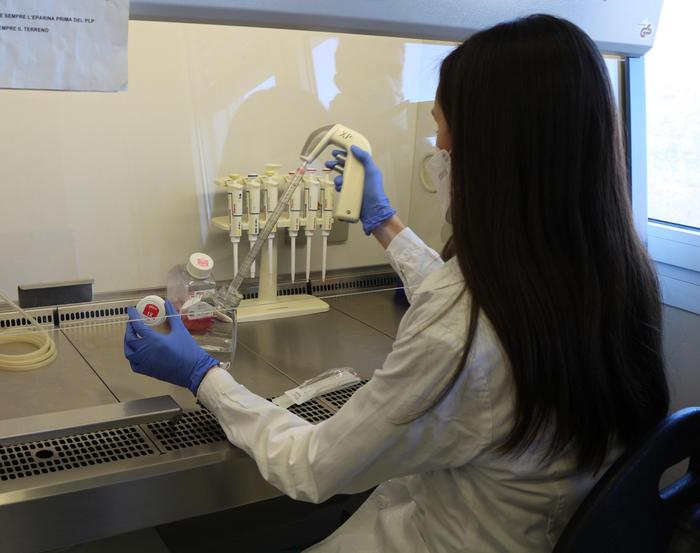(ANSA) - ROME, MAR 4 - Miniature organs have been obtained
from the stem cells of embryos in amniotic fluid for the first
time in research that makes it possible to both study the final
stages of development during pregnancy in a non-invasive way and
to experiment with targeted therapies for congenital illnesses,
in an Italian-led study published in nature Medicine and carried
out at University College London.
The coordinator of the project is Paolo De Coppi, and the lead
author Mattia Gerli.
"A new era is opening," De Coppi told ANSA.
"Hitherto it wasn't possible to obtain a result like this in a
non-invasive way.
"A lot more research is still necessary, but the path is open
and the first clinical trials could be ready within four or five
years", De Coppi added.
"Amniotic liquid is a resource and in our research we have
obtained a cell by cell map".
In the study, cells gathered from amniotic fluid were taken
during prenatal probes in 12 pregnancies that had reached a
period spanning 16 and 34 weeks.
Thus, the cells, grown in the laboratory, multiplied and
organised until they formed organoids of lungs, intestines and
kidneys.
Also obtained was the organoid of the lung of a fetus with
congenital diaphragmatic hernia, a defect of the diaphragm that
generates respiratory insufficiency and pulmonary hypertension,
with elevated mortality.
This enabled the researchers to experiment on the mini-organ
with different types of drugs, with the aim of identifying the
most effective ones. (ANSA).
Mini-organs obtained from amniotic fluid stem cells
For more precise prenatal diagnoses and treatments, Italian led
